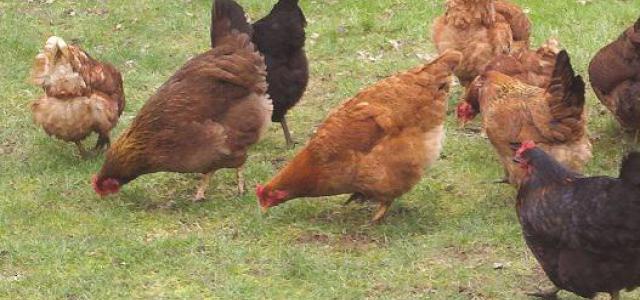 Organic agriculture is not only capable of generating comparable yields, but also producing more income and health benefits for farmers than conventional methods according to long-term study by the Swiss Research Institute of Organic Agriculture (FiBL) in Kenya.
Organic agriculture is not only capable of generating comparable yields, but also producing more income and health benefits for farmers than conventional methods according to long-term study by the Swiss Research Institute of Organic Agriculture (FiBL) in Kenya.
The study which took ten years was conducted in Thika and Chuka sub-counties. It found that organic farming does not need much time and space in order to start benefiting farmers. With less farm inputs and good market for organic foods, farmers can start earning high after five years of cropping and 53% higher benefit the following year.
Another important factor revealed by the study is the significant improvement in soil fertility in organic farming. Additionally, the non-use of chemical inputs in organic farming systems generates beneficial effects on farms’ ecosystems as well as on the health of people since there are no harmful chemical residues.
READ ALSO: X-Agro field officer goes organic with maize farming
READ ALSO: Organic fertiliser triples Kitale farmer's watermelon yield
READ ALSO: Organic folia feed stops premature falling of flowers and fruits
Today over 200, 000 farmers in Kenya have taken up organic farming given thousands of exporters now look for organically grown produce. As a result more organic practices like push-pull method which was developed by International Centre of Insect Physiology and Ecology (ISIPE) in the early 1990s and since been improved is appealing to most farmers.
Michael Gitau who the Chairman of Central Farmers and Consumer Organization in Thika, says that organically grown fruits and vegetables have gained popularity among middle and high income households in Kenya.
Dennis Mukai is a farmer from Nyeri County who went organic farming six years ago. The venture which he learnt from his father has made him become one of the outspoken farmer within the county and beyond.
“I was introduced into organic farming by my father when it was still fresh among farmers when most farmers were still using synthetic fertilizers and pesticides,” said Mukai.

















